On Donald Trump’s first day in office, he signed an executive order to restrict birthright citizenship in the U.S.
As legal challenges to enforce the order continue, many critics have called Trump a hypocrite and used his own children as examples.
Trump’s youngest child, Barron, 19, was born in 2006 when First Lady Melania, from Slovenia, was not yet a U.S. citizen.
Donald Trump’s children have sparked debate over his plans to end birthright citizenship
Image credits: Joe Raedle/Getty Images
She was living in the country on a green card and attained U.S. citizenship four months after her son’s birth.
Similarly, Trump’s first wife, Ivana Trump, from the Czech Republic, gave birth to Don Jr., 47, Ivanka, 43, and Eric, 41, when she did not hold U.S. citizenship.
This has sparked debate over Trump’s plans to end birthright citizenship for some children born in the U.S., with many questioning whether his own children’s births would have gone against his executive order if it had been in place at the time.
Image credits: Chip Somodevilla/Getty Images
But Trump’s legislation allows exceptions for children who have one parent holding U.S. citizenship or permanent residency—meaning all of his children would still be granted birthright citizenship.
The executive order specifically targets children whose mothers were in the U.S. unlawfully at the time of their birth, and whose father was not a U.S. citizen or lawful permanent resident.
It also targets children born to mothers who are lawfully in the U.S., but only temporarily, such as under the Visa Waiver Program or on student, work, or tourist visas—if the father is not a U.S. citizen or permanent resident.
Image credits: The White House
Shortly after Trump signed the order in January, four federal judges issued preliminary injunctions to block it, saying it was likely unconstitutional under the 14th Amendment.
The 14th Amendment states: “All persons born or naturalized in the United States, and subject to the jurisdiction thereof, are citizens of the United States and of the State wherein they reside.”
On June 27, the Supreme Court ruled that district courts could not issue blanket national injunctions that protected people who were not a part of the original lawsuit.
That decision limited the power of the earlier injunctions and restricted the ability of lower courts to block federal government policies on a nationwide basis.
The birthright citizenship order cannot go into effect until the legal challenges are resolved
Image credits: Donald J Trump
Trump, at the time, hailed it as a big win on Truth Social.
“GIANT WIN in the United States Supreme Court! Even the Birthright Citizenship Hoax has been, indirectly, hit hard,” he wrote.
However, the Supreme Court ruling did not block class-action lawsuits, which still allow courts to protect broader groups through certified nationwide classes.
Image credits: Drew Angerer/Getty Images
Using this loophole, a federal court blocked the birthright citizenship order from taking effect last week.
The New Hampshire court certified a nationwide class that protects the citizenship rights of all children born on U.S. soil in Barbara v. Donald J. Trump.
Until the legal challenges are resolved in court, the order cannot be enforced anywhere in the U.S.


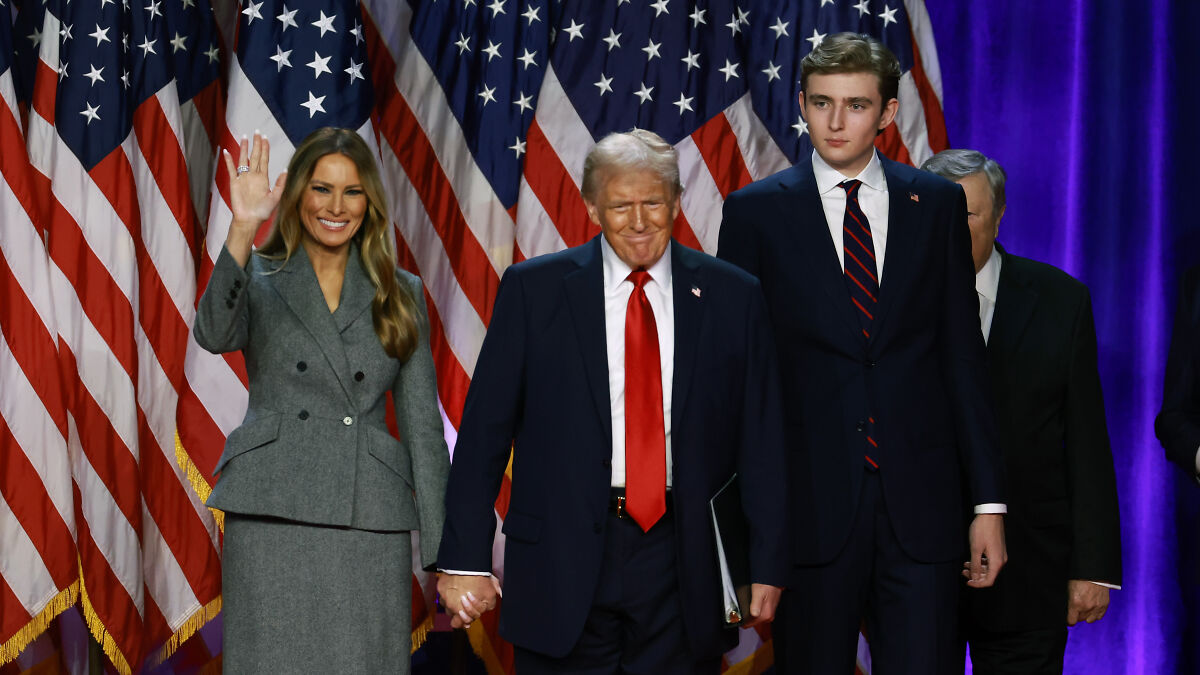
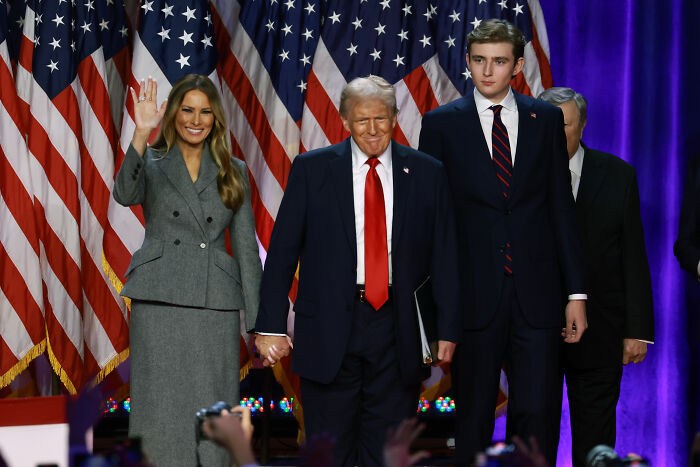
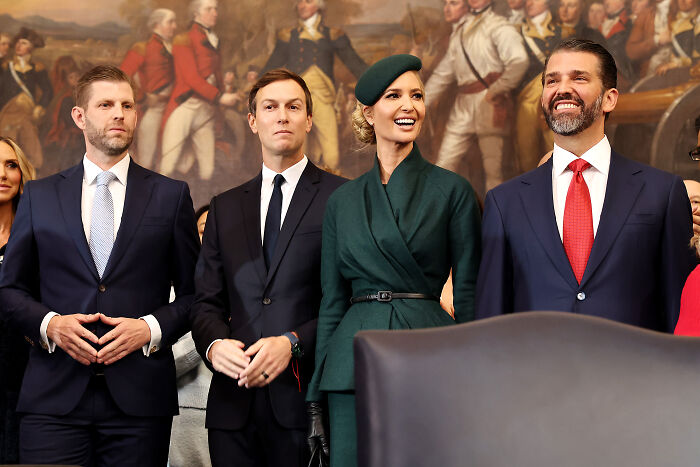
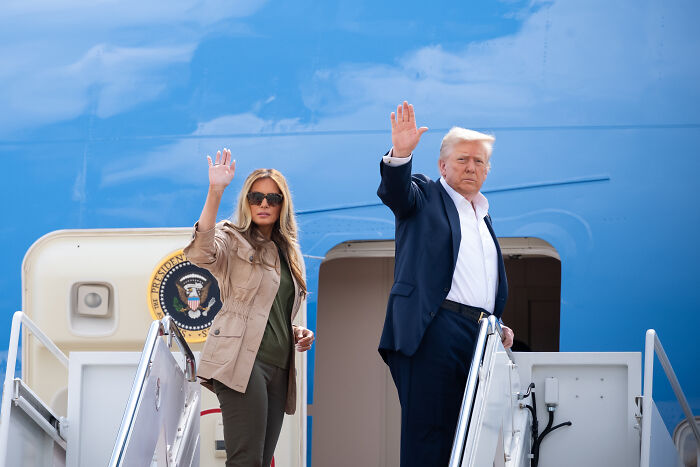
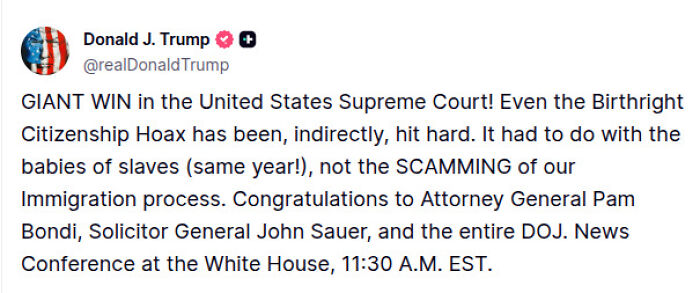
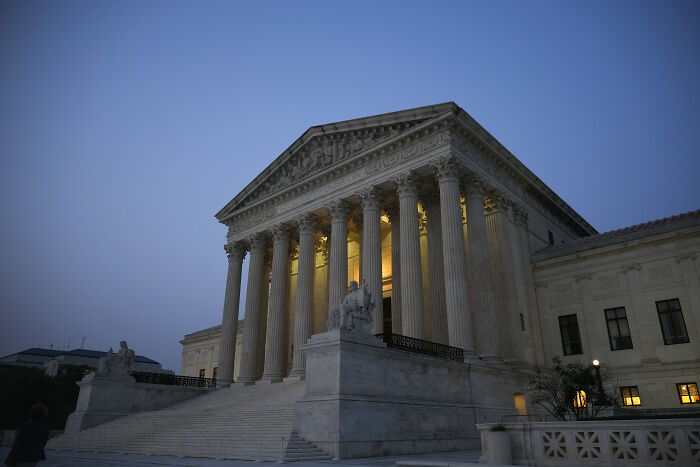



15
0